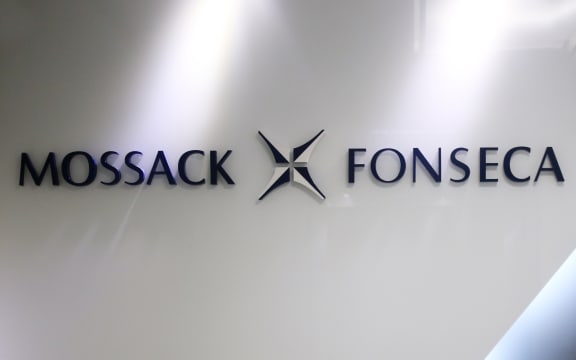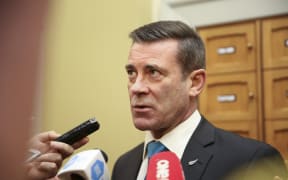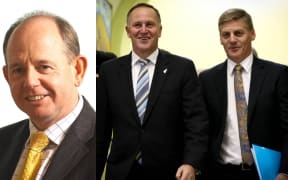Panama Papers NZ - A New Zealand foreign trust provider named in the Panama Papers admits proposals to beef up disclosure rules might prompt some clients to close their trusts.

Bentley's New Zealand co-founder Roger Thompson said a small number of those who require absolute confidentiality may consider closing their trusts. Graphic: AFP
However, Roger Thompson - from accountancy firm Bentley's New Zealand, which is an agent for Mossack Fonseca - said the changes were unlikely to have much effect on his business because foreign trusts were only a very minor part it.
The government has said it will adopt new rules, including setting up a register of foreign trusts that regulators will be able to search.
The rules come out of recommendations proposed in a review led by government-appointed tax expert John Shewan.
The government ordered it in response to questions raised about New Zealand's role in helping wealthy foreigners hide their money offshore.
Panama Papers NZ - Read our full coverage

Photo: AFP / EYEPRESS NEWS / EYEPRESS
Mr Thompson said most of his clients would be comfortable disclosing more information to Inland Revenue, provided it was not made publicly available.
"A small number who require absolute confidentiality may consider closing their trusts," Mr Thompson said.
Tax analysts will be closely monitoring the number of foreign trusts being set up when the tighter rules are eventually introduced.
The industry has experienced double digit growth, with more than 10,500 active foreign trusts at the end of April - a fivefold increase since 2006.
Mr Thompson said he did not expect any major effect on the industry.
"In my experience, there is very little tax avoidance or money laundering occurring.
"There may be a little around the margins that a few shady operators are involved in that will cease but we have never been involved in any of those cases.
"Additional disclosure would be necessary in any case in order for New Zealand to meet its requirements under automatic exchange of information agreements that come into effect in the near future so no great surprise there," Mr Thompson said.
Meanwhile, Mr Thompson disputes that he advised his clients to avoid countries that have information-sharing agreements with New Zealand.
The Panama Papers show Mr Thompson told an Ecuadorian client to avoid any countries that might subsequently enter into double-tax agreements with New Zealand.
The documents include a power of attorney authorisation that allowed the client to use the bank account of a foreign company or trust that has been set up without any mention of the client's name and address.
Mr Thompson said the purpose was solely to preserve the status of its clients wanting to use a Look-Through Company (LTC), where foreign income passes through New Zealand to the company's owners tax-free, rather than a trust.
"Some clients, particularly from civil law countries, are unfamiliar and uncomfortable with trusts," he said.
"They are, however, familiar with companies, and a LTC enables them to use a New Zealand company to hold assets with similar effect to a trust."
Many of his clients lived in countries where the rule of law was not as good as in New Zealand, Mr Thompson said.
"There may be corruption, kidnapping, blackmailing, arbitrary state seizure of assets, lack of freedom of testamentary disposition in addition to normal business risk, and possible claims against assets owned personally under matrimonial laws etc.
"The potential 100 percent loss of assets is a much bigger motivator to have the assets held in a foreign trust or company than avoiding tax at, say, 33 percent on the income generated from those assets," he said.

*The investigation into New Zealand links in the Panama Papers is a journalistic collaboration by reporters from RNZ, One News and investigative journalist Nicky Hager, and with the assistance of the International Consortium of Investigative Journalists and the German newspaper Suddeutsche Zeitung.





